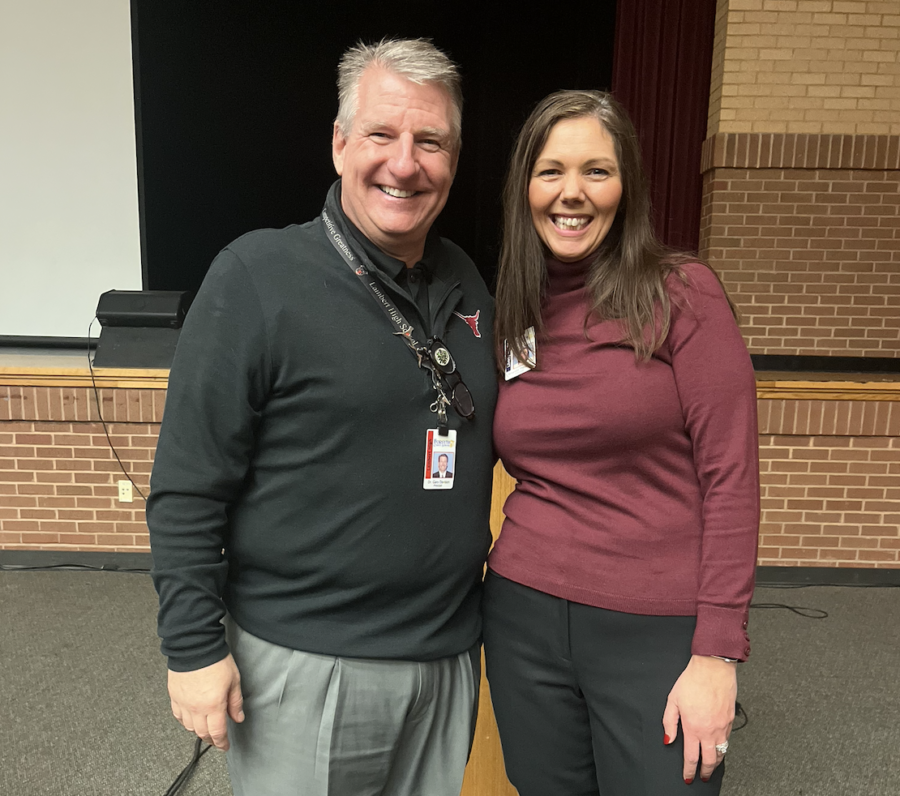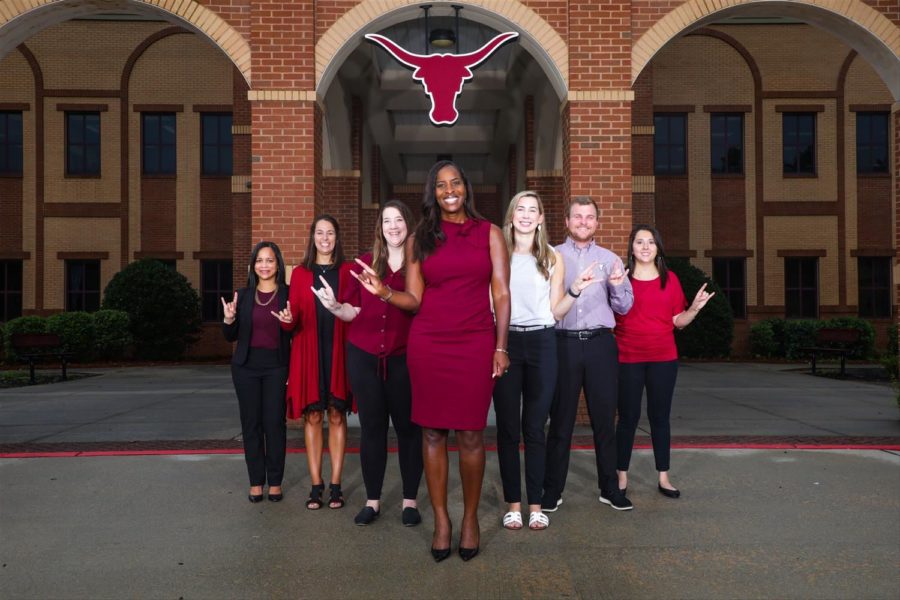As the winter winds sweep through the campus of Lambert High School, seniors stand at the threshold of a transformative chapter in their academic careers: the college application season. Navigating this intricate journey can be overwhelming, but with a reservoir of knowledge and the unwavering support of the Lambert community, our Longhorns are ready to face the challenges and opportunities that lie ahead with confidence and enthusiasm.
Diving into the world of college applications, one encounters various deadlines: Early Action, Early Decision, Regular Decision, and Restrictive Early Action. Each comes with its own set of rules and benefits.
- Early Action (EA) allows students to apply early and receive admissions decisions well in advance, typically by December. It’s non-binding, meaning students aren’t obligated to attend if accepted.
- Early Decision (ED), on the other hand, is binding. Students commit to attending the college if accepted. This option is ideal for those with a clear first-choice school.
- Regular Decision provides students more time to prepare their applications but results in later decision notifications, usually by April.
- Restrictive Early Action is non-binding like EA, but it limits the student from applying early to other schools.
The world of college applications is not limited to just one platform. While many institutions use the Common Application, a platform allowing students to apply to multiple colleges simultaneously, the University of California system employs its own application, known as the UC Application. The distinction is significant, so students are advised to familiarize themselves with both systems well in advance.
A critical component of applications is the personal statement. This essay provides students with the opportunity to showcase their personalities, aspirations, and motivations beyond academic transcripts. It’s the heart of the application, where Lambert students often share the unique experiences, dreams, and challenges they faced during their high school journey.
Beyond the main essay, some colleges require supplemental essays. These delve deeper into specific topics, allowing applicants to further elaborate on their fit and interest in a particular institution.
Common advice is to start early and revise often. Seek feedback, but ensure the final product is authentically yours. And remember, while grades and test scores matter, it’s the combination of all elements, including extracurriculars, letters of recommendation and essays, that gives a holistic view of an applicant.
Lambert’s vast community, rich in diversity and ambition, provides a competitive environment. But it’s essential to remember that college applications are not just a race; they’re a journey of self-discovery. Seniors are encouraged to support each other, share resources and, most importantly, celebrate each step forward.
“I’ve applied to some schools early already, and I’m excited to be getting through this process,” senior Samantha Deans said. “It’s a lot of work, so my advice would be to start early to give yourself time.”
As the early results of college applications begin to trickle in, it’s vital to embrace each outcome with positivity and resilience. The college admissions process is complex and often unpredictable, with each decision not defining your worth or capabilities. Remember, each acceptance, deferral, waitlist or rejection is merely a step in your unique journey, not the final destination. It’s crucial to celebrate your peers’ successes, learn from each experience and stay true to your path.
Lambert High School has been an unwavering pillar of support, and we, as students, should be immensely grateful to have this enriching educational background. It has equipped us with the strength, optimism and perseverance needed to navigate the future chapters of our lives. Hook ’em!








